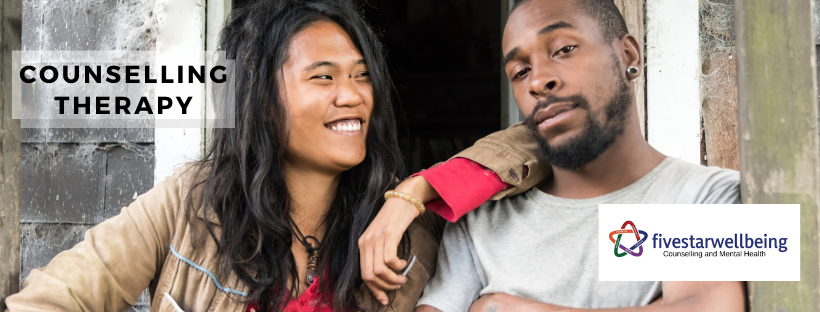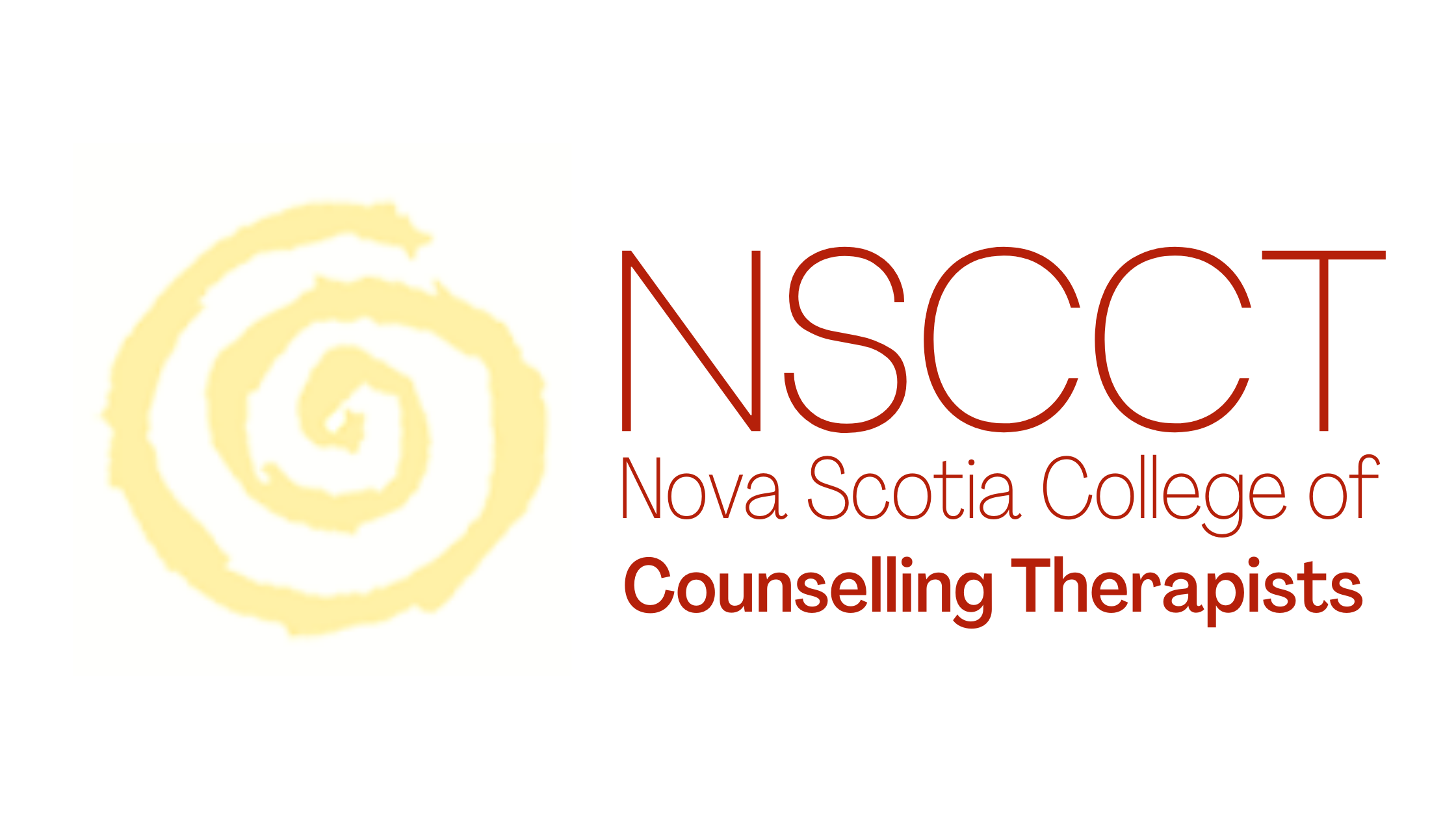One phone call cost Vivien Zheng and her family their entire life savings.
When she received a call from the Chinese Consulate Vancouver and a police investigator, demanding she cooperate or end up in jail, she did what any good citizen would, she cooperated. After all, they even produced an arrest warrant and a copy of her drivers licence.
In “total fear,” she made her way to a Royal Bank branch and wired $60,000 to the fraudsters. Over the next few days, she wired them over $340,000 from her bank accounts hoping to clear her name. When the money was gone and she could no longer make any more payments, the fraudsters were never heard from again. Vivien was left completely broke.
It took months for her to process what had happened. She was filled with shame. She beat herself up for falling victim and kept the story secret. She was reluctant to share the story with anybody, worried what others would think of her. For three years she kept her secret, fearing how it would impact her father, as much of the money came from years of savings. She even contemplated suicide.
Financial Scams Are Similar to Other Forms of Violence
It’s easy to underestimate how much victims of theft and scams suffer mentally and emotionally, but if you have been a victim of a financial scam it can be as damaging to your mental health as other forms of violence and trauma.
Cognitive:
- Intrusive thoughts and memories of the event
- Nightmares
- Loss of memory and concentration abilities
- Disorientation
- Confusion
- Mood swings
Behavioural:
- Avoidance of others
- Withdrawal and social isolation
- Lack of interest in activities you would normally enjoy
Psychological:
- Obsessive and compulsive behaviours
- Detachment from emotions
- Emotional numbing
- Depression
- Guilt
- Shame
- Disbelief
- Irritability
- Anger
- Anxiety
- Panic attacks
Victims of financial loss, also have to deal with the lasting effects of financial instability, with their bank account a constant reminder of the event. Due to the shame and resulting stigma associated with being the victim of a scam, people often silently suffer resulting in anxiety, panic attacks, depression and even suicidal ideation.
Financial wellbeing is closely tied to mental health. It provides us with a sense of personal safety, reliability and predictability. When we suffer financially, and don't know where the next meal will come from, or if we will have a roof over our head, it's almost impossible to think about or plan for anything else.
Improve Financial Wellbeing to Improve Mental Health
Food insecurity has been shown to increase psychiatric symptoms such as impulsivity, hyperactivity, irritability, aggression and substance use.
In one study, researchers conducted a natural experiment that looked at changes in aggression over an 8 year period among children living in poverty. One quarter of the children were Native American living on a native reservation. Four years into the study, every family living on the reservation began receiving royalties from a new casino built on the reservation. Those students whose families received the royalties showed a reduction in psychiatric symptoms so significant, that by the fourth year, their mental health symptoms had dropped to levels similar to students in the study who were never poor.
Researchers noted for those students who were never poor, there was little change in their psychiatric symptoms, but for those moving out of poverty, the reduction in aggression and hostility were significant.
The study illustrates just how important financial wellbeing is to our mental health. The good news is that if you have had a financial setback such as being a victim of a financial scam, or even if you have spent much of your life living in poverty, there is hope. With the right support, it is possible to turn painful and difficult financial circumstances into opportunities for growth and healing.
Tips for Avoiding Online/Telephone Scams
Beware of emails or calls asking you to give money for any reason, especially when:
- You are asked to give financial information, credit card numbers, passwords, banking account information, or other personal information over the phone, by email or on a website you do not know
- Someone pressures you to make a decision on the spot
- They provide "insider information"
- They ask you to keep matters secret
- You are pressured or made to feel guilty if you refuse to cooperate
If you are struggling financially or if you have been a victim of a scam know you aren’t alone. In 2019, nearly 45,000 Canadians fell victim to fraud, losing more than $96 million.
Be kind to yourself, scams are carefully planned and designed to prey on natural human tendencies for trust, kindness and honesty. Finally if you are struggling financially seek help from a trusted confidential source such as your bank, or try these online financial planning resources:
For help with financial planning or to find a financial planner:
https://www.financialplanningforcanadians.ca/
Tips personal finance resources for parents, educators, and students that include games and lesson plans:
http://www.practicalmoneyskills.ca/personalfinance/
For in-depth personal finance courses, articles, calculators and tips to help you manage your money:
https://www.smartaboutmoney.org/
Take good care,
Derrick
Wellbeing Assessment
Our Services
Our mindfulness-based approach to counselling therapy focuses on promoting your wellbeing and mental health so you can enjoy life more fully.
When you improve employee wellbeing and mental health, you improve the lives of your employees, boost morale and your bottom line.
About the Author:
Derrick McEachern is a Registered Counselling Therapist (RCT) in Nova Scotia, and a Canadian Certified Counsellor. He specializes in providing mindfulness-based cognitive therapy in the areas of addiction, healthy relationships, grief and loss, and career and life transitions. He offers workshops and webinars and consults with businesses on ways to improve employee wellbeing and mental health.
Derrick McEachern, M.Ed., RCT, CCC
Counselling Therapist, Owner
Five Star Wellbeing Counselling and Mental Health
tel: 902 698 1194
[email protected]
https://fivestarwellbeing.com










